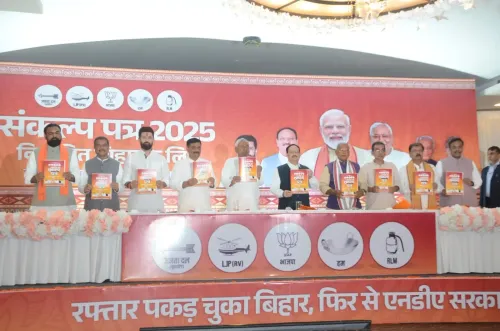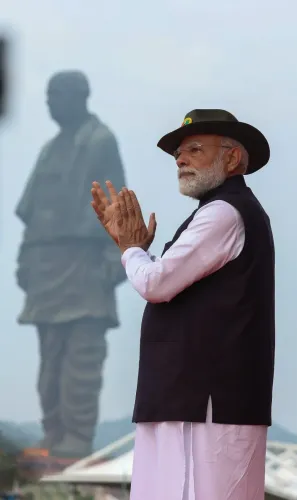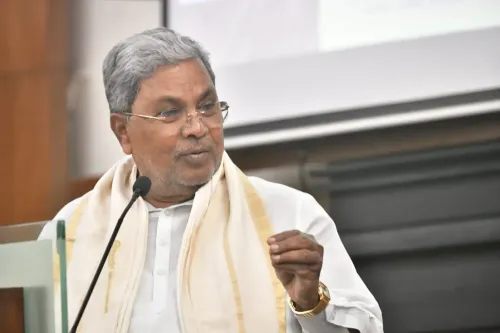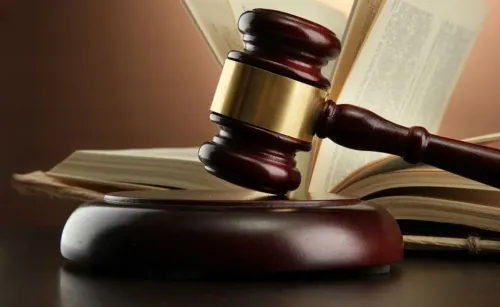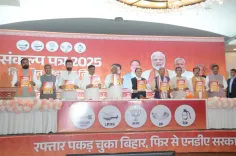Calcutta High Court Judge: Aadhaar, EPIC Cards Alone Don't Confirm Indian Citizenship
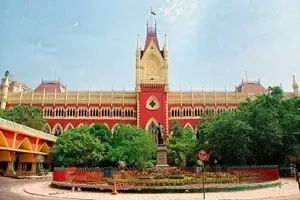
Synopsis
Key Takeaways
- Possession of Aadhaar or EPIC cards doesn't guarantee citizenship.
- Illegal Bangladeshi infiltrators use fake documents.
- Tax payments and IT returns don't confirm citizenship.
- Crackdown on counterfeit identity document networks.
- Need for improved verification of identity documents.
Kolkata, Feb 17 (NationPress) A single-judge Bench of the Calcutta High Court remarked on Monday that the mere possession of Indian identity documents such as Aadhaar cards or EPIC cards does not necessarily confirm genuine Indian citizenship. This observation arises from various instances where forged identity documents have been found in the hands of numerous illegal Bangladeshi infiltrators recently.
During the proceedings related to a case involving a counterfeit passport, Justice Tirthankar Ghosh, presiding over the single-judge Bench, made this statement.
He noted that several illegal Bangladeshi infiltrators, after acquiring such fraudulent Indian documents, also engage in paying taxes and filing Income Tax returns to bolster their claims of Indian citizenship.
Justice Ghosh further referenced the situation where the US has returned illegal Indian infiltrators.
Recently, police in West Bengal apprehended Dulal Shil and his wife Swapna Shil in East Burdwan district for allegedly holding fake Indian passports.
On Monday, the defense attorneys for the accused asserted that their client arrived in India in 2010.
They argued that a specific Act concerning foreigners' registration allows individuals entering India before 2014 to be recognized as Indian citizens.
Additionally, they contended that the immigration department had not responded regarding the status of their clients, making it unreasonable to assume their passports were counterfeit.
However, Justice Ghosh dismissed the defense's arguments and denied their bail requests.
He reiterated that the presence of certain Indian documents does not equate to authentic Indian citizenship.
In response to the crisis unfolding in neighboring Bangladesh, West Bengal Police has initiated a crackdown on networks facilitating the issuance of forged Indian identity documents, including fake passports for Bangladeshi infiltrators.
Investigators have identified a distinct pattern in the operations of these networks, which assist infiltrators in obtaining fake Indian passports.
Infiltrators illegally entering India typically connect with local agents and express a willingness to pay substantial amounts for fake Indian identity documents; they are then provided safe housing in villages near the Bangladesh border.
Subsequently, agents arrange for fake ration cards, which serve as the initial step toward acquiring other identity documents.
With these fake ration cards, other identification documents like EPIC, PAN, and Aadhaar cards can be obtained, culminating in the acquisition of fake passports based on these fraudulent identity documents.

